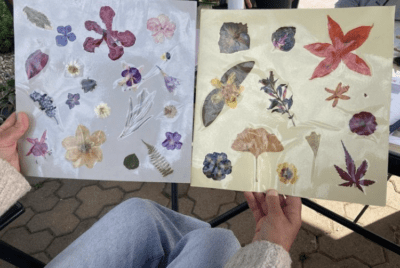RESEARCH
An Indoor Gardening Planting Table Game Design to Improve the Cognitive Performance of the Elderly with Mild and Moderate Dementia
Summary
This paper explores the potential of indoor gardening to improve the cognitive function of elderly individuals with mild to moderate dementia. The study recognizes that Taiwan, like other countries, has an increasing elderly population, with a significant percentage affected by dementia. Dementia leads to a gradual decline in cognitive functions, including attention. The study suggests that horticultural activities can positively impact cognitive functions in elderly dementia patients by stimulating sensory perception, enhancing physical movement, and improving focus and social interaction. The ultimate goal is to design indoor horticultural table games that can be used in homes and care facilities to improve cognitive function among the elderly with dementia.
The study followed a four-stage service design process: demand exploration, demand definition, design implementation, and product verification. It involved interviewing elderly individuals with dementia and observing horticultural treatment activities to identify obstacles and potential demand points. Based on these findings, an indoor gardening planting table game was developed, incorporating elements such as flower combination cards, color and number prompt rings, and a flower base. An experiment was conducted with participants who had mild to moderate dementia, and the results indicated that the indoor gardening planting table game improved their overall mental state. This suggests that indoor gardening activities may be a useful therapeutic tool for improving cognitive function in elderly individuals with dementia.







